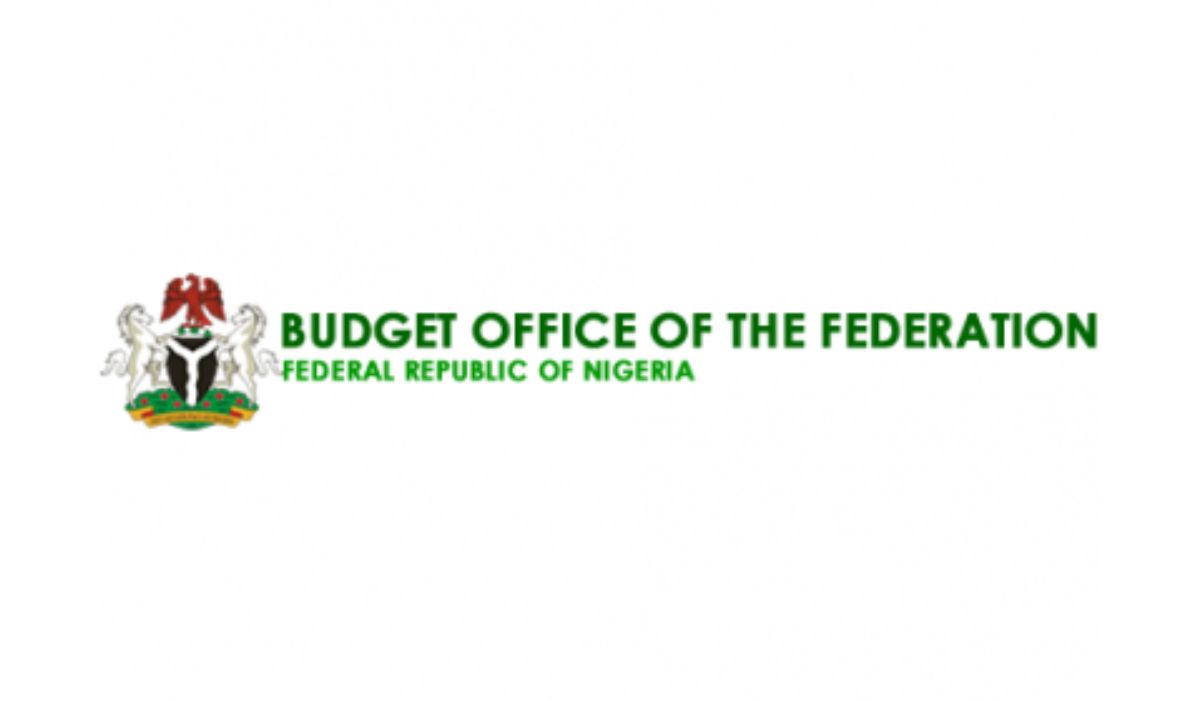Budget Office Vows to Release Long-Delayed 2024 Report by September 2025

Nigeria’s Budget Office has pledged to publish the 2024 full-year Budget Performance Report by September 2025, after more than a year of silence that breached the Fiscal Responsibility Act’s transparency requirements.
The commitment follows a report highlighting that no Budget Implementation Reports (BIRs) had been released since Q2 2024. In a statement issued Friday, the Office admitted the lapse but stressed its intent to close the gap. “We acknowledge this statutory obligation and remain committed to both the letter and the spirit of the law: accuracy, timeliness, and credibility in public finance,” it said.
Officials attributed the delay to extended project verification processes and Nigeria’s shift toward a longer budget execution framework. “This delay should not be seen as backsliding, but as a reflection of the care taken to ensure accuracy and credibility in Nigeria’s fiscal reporting,” the statement added.
The Fiscal Responsibility Act requires quarterly disclosures covering government revenues, spending, and project outcomes. The last such report was released in Q1 2024, raising concerns among analysts, investors, and civil society organizations.
According to the Office, physical inspections of projects and reconciliation with implementing ministries took longer than expected. “BIRs are not merely accounting summaries; they integrate expenditure data with physical verification of projects nationwide,” it explained.
To regain compliance, the Office said it will publish the 2024 report in September, followed by the overdue Q1 and Q2 2025 reports. Timely releases are expected to resume from Q3 2025 onward. “By the end of September 2025, we will publish the full-year 2024 Budget Performance Report alongside the outstanding Q1–Q2 2025 reports, after which quarterly releases will resume on schedule,” the statement confirmed.
The Office also announced upgrades to its internal systems, including stronger data collection mechanisms, adoption of digital monitoring tools, and closer collaboration across government agencies.
The lapse has drawn criticism at a time when Nigeria faces mounting fiscal pressures from weak revenues, costly subsidies, and heavy debt servicing. BudgIT, a civic-tech watchdog, said the absence of timely data has hindered oversight and complicated economic planning.





